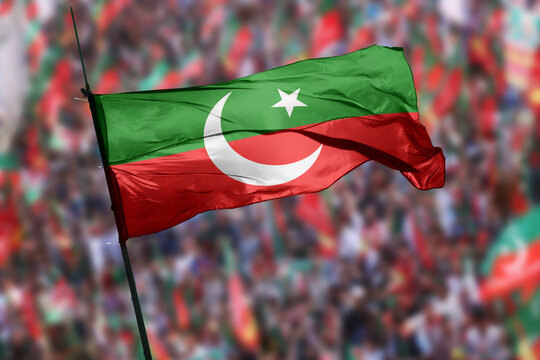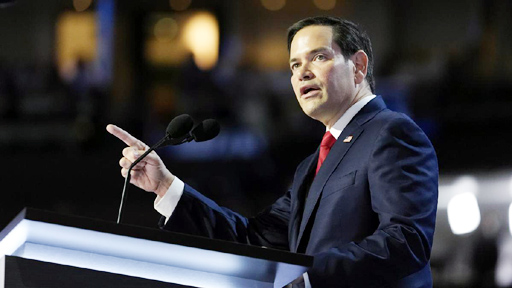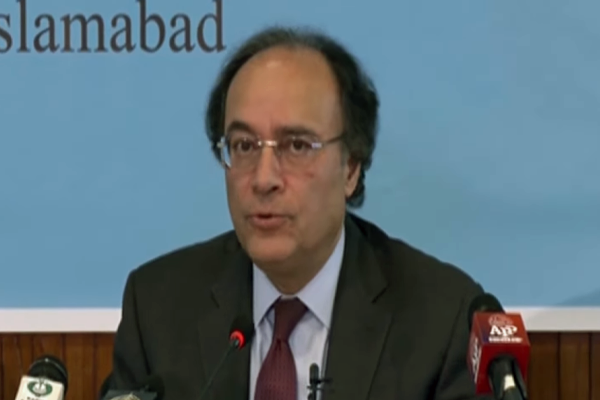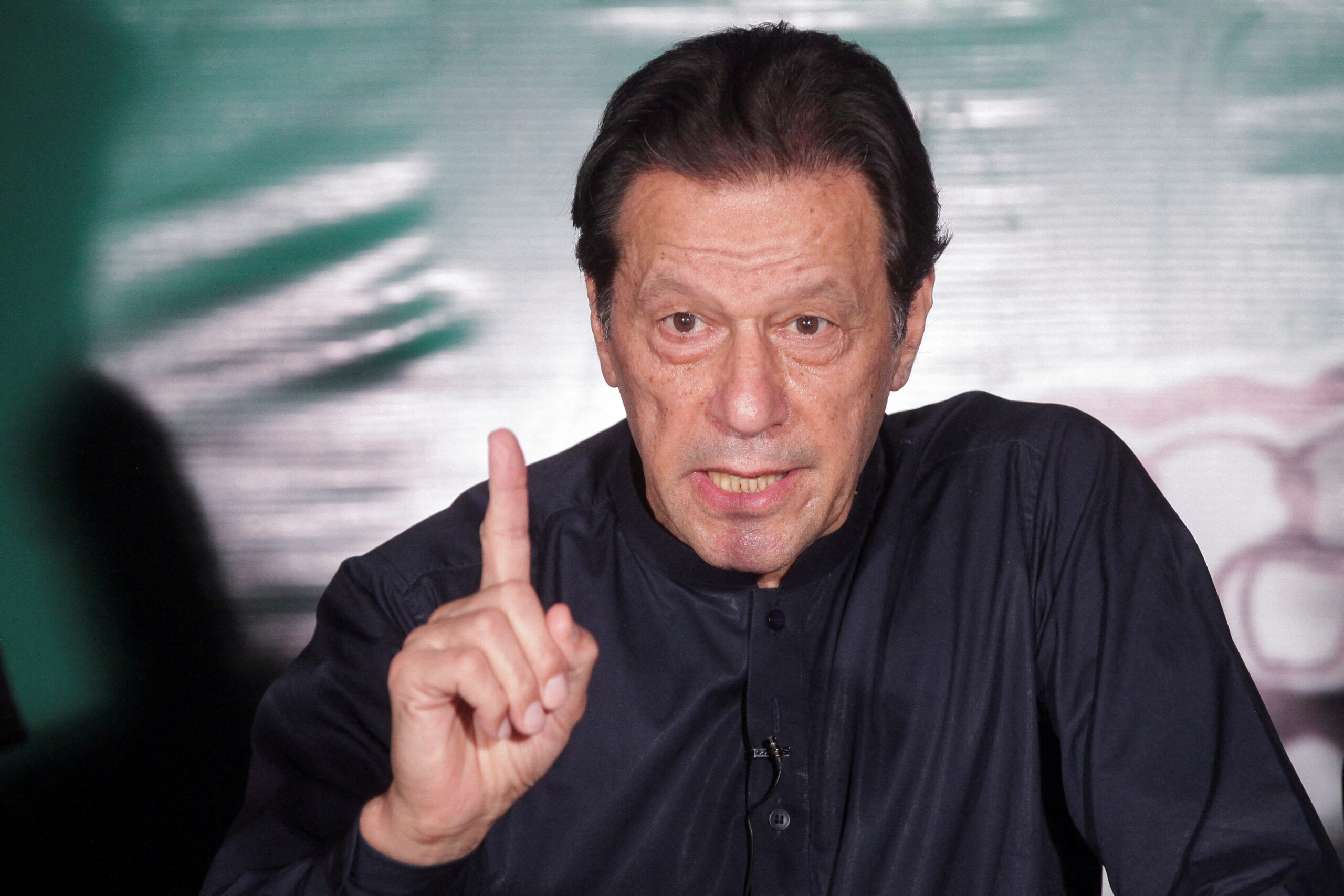Mohsin Siddiqui (Chief Reporter)
The opposition party Pakistan Tehreek-e-Insaf (PTI) has announced its intention to challenge the recent amendments to the Election Act in the Supreme Court. This decision was declared on the floor of the National Assembly by PTI Chairman Barrister Gohar, who sharply criticized the government’s actions and hinted at potential consequences.
During his speech, Barrister Gohar did not hold back in his criticism of Prime Minister Shehbaz Sharif and his administration. “Shehbaz Sharif should consult with Sheikh Hasina about the modus operandi and passage of fleeing from the country,” he remarked sarcastically, referring to the Bangladeshi leader. He added, “Did you see large crowds of people yesterday? It will teach a lesson to the government. You will face the same fate as Hasina Wajid.”
Barrister Gohar emphasized the widespread support for PTI’s ideology among the populace, warning the government about the dangers of marginalizing political parties. “If you won’t give due place to a political party, the space will be filled by someone else,” he asserted, highlighting the deep roots of PTI’s principles among the citizens.
The contentious bill, which was presented in the National Assembly by Pakistan Muslim League-Nawaz (PML-N) lawmaker Bilal Azhar Kiyani, proposes amendments to the Election Act of 2017. The primary aim of the amendments is to prevent lawmakers from changing their party affiliation at a later stage. This move has been met with significant opposition from PTI, leading to heated debates and protests within the Assembly.
The opposition members demonstrated their disapproval by tearing copies of the house agenda during the session, signaling their strong objection to the new legislation. This legislation follows a recent Supreme Court ruling that allocated reserved seats to PTI, a decision seen as a significant setback to Prime Minister Shehbaz Sharif’s ruling coalition.
A 13-member bench of the Supreme Court, headed by Chief Justice Qazi Faez Isa, ruled in favor of PTI, affirming its eligibility for the allocation of reserved seats. The verdict, which was delivered with an 8-5 split decision, overturned the Peshawar High Court’s previous order that had upheld the Election Commission of Pakistan’s decision to deny these seats to PTI.
Justice Mansoor Ali Shah announced the majority decision, while Chief Justice Qazi Faez Isa, along with Justices Jamal Mandokhail, Naeem Afghan, Yahya Afridi, and Ameenuddin Khan, opposed the ruling. This verdict has further intensified the political atmosphere, with PTI leveraging the decision to bolster its stance against the recent legislative amendments.
PTI’s decision to challenge the Election Act amendment law in the Supreme Court is rooted in its belief that the new amendments are unfair and politically motivated. By taking this issue to the apex court, PTI aims to nullify the amendments and prevent any restrictions on lawmakers’ ability to change their party affiliation. This legal battle is expected to have significant implications for Pakistan’s political landscape.
The PTI leadership, particularly Barrister Gohar, has been vocal about their dissatisfaction with the current administration’s policies. They argue that the amendments are a direct attempt to stifle political dissent and consolidate power within the ruling party. By challenging the amendments in court, PTI hopes to uphold democratic principles and ensure fair political practices.
The controversy surrounding the Election Act amendments highlights the ongoing power struggle between PTI and the ruling PML-N coalition. The outcome of this legal challenge will not only impact the immediate political dynamics but also set a precedent for future legislative actions and party affiliations in Pakistan.
PTI’s proactive stance in challenging the amendments reflects its commitment to maintaining a robust opposition and defending its political interests. As the Supreme Court prepares to hear the case, all eyes will be on the judiciary to see how it navigates this complex and politically charged issue.




